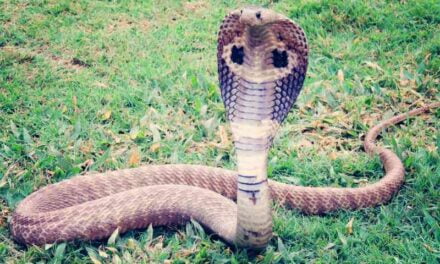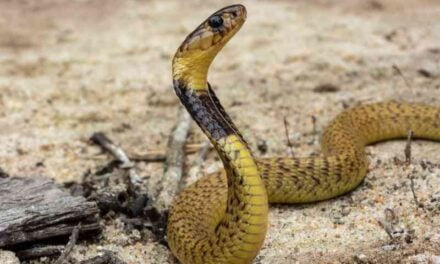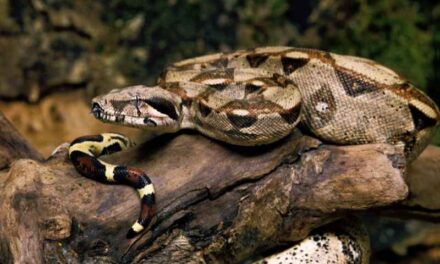Cape Coral, Florida, is home to a unique and intriguing snake species, the Cape Coral Cobra (Naja nivea). While these snakes are generally non-aggressive and prefer to avoid humans, snakebite incidents can occur, especially when people unwittingly provoke or mishandle them. In this blog, we will explore the symptoms of Cape Coral Cobra bites, the appropriate treatment measures, and essential tips for prevention.
Symptoms of Cape Coral Cobra Bites
Cape Coral Cobra bites are rare but potentially life-threatening events that require immediate medical attention. Knowing the symptoms is crucial for prompt action:
- Localized Pain and Swelling: The bitten area will typically experience severe pain, swelling, and redness. The snake’s fangs deliver venom that affects the tissues surrounding the bite.
- Difficulty Breathing: Cobra venom contains potent neurotoxins that can affect the respiratory muscles, leading to difficulty in breathing. This symptom can develop rapidly and is a medical emergency.
- Drooping Eyelids and Blurred Vision: Neurotoxins may cause symptoms like drooping eyelids and blurred or double vision. These effects can spread and become more pronounced over time.
- Muscle Weakness and Paralysis: Cobra venom can lead to muscle weakness and even paralysis, which may progress from the site of the bite towards other parts of the body. This can include difficulty in swallowing or speaking.
- Dizziness and Loss of Consciousness: As the venom takes its toll on the nervous system, dizziness, confusion, and loss of consciousness can occur, potentially leading to a coma if left untreated.
Treatment for Cape Coral Cobra Bites
Cape Coral Cobra bites require immediate medical attention. Here are the key steps in treating a snakebite:
- Stay Calm: Panicking can exacerbate the situation. Keep the victim as calm and still as possible to slow the spread of venom.
- Immobilize the Affected Limb: If bitten on an extremity, immobilize it by splinting or applying a bandage. This can help reduce the spread of venom through the lymphatic system.
- Remove Tight Clothing and Jewelry: Swelling is a common symptom, so it’s essential to remove any tight clothing or jewelry near the bite site to allow for swelling.
- Seek Medical Assistance: Call 911 or your local emergency number immediately. The victim should be transported to a hospital for appropriate medical care. While en route to the hospital, try to keep the victim’s heart rate and blood pressure stable.
- Do Not Attempt to Suck Venom or Cut the Wound: Contrary to popular belief, trying to suck out the venom or cutting the wound can worsen the situation by increasing the risk of infection.
Preventing Cape Coral Cobra Bites
Prevention is the best way to avoid Cape Coral Cobra bites. Here are some practical tips:
- Awareness and Education: Learn about the local snake species and their habitats. Understand the Cape Coral Cobra’s behavior and recognize that they are usually not aggressive unless provoked.
- Wear Appropriate Clothing: When venturing into areas where snakes may be present, wear long pants and closed-toed shoes. This can provide a layer of protection against bites.
- Use Flashlights at Night: Snakes are more active at night. Using a flashlight when walking outdoors after dark can help you spot and avoid them.
- Be Cautious Around Potential Hideouts: Cape Coral Cobras may seek refuge in bushes, tall grass, or debris piles. Be cautious when approaching or reaching into such areas.
- Keep a Safe Distance: If you encounter a Cape Coral Cobra, maintain a safe distance and do not attempt to handle or disturb it. Keep pets on leashes to prevent them from getting too close.
Conclusion
Cape Coral Cobra bites are rare but serious events that demand immediate medical attention. Being aware of the symptoms, seeking prompt medical care, and taking preventive measures are essential to minimizing the risks associated with these unique and intriguing snakes. Remember that Cape Coral Cobras, like all wildlife, play a role in maintaining the balance of their ecosystem, and it’s our responsibility to coexist with them safely and responsibly.





